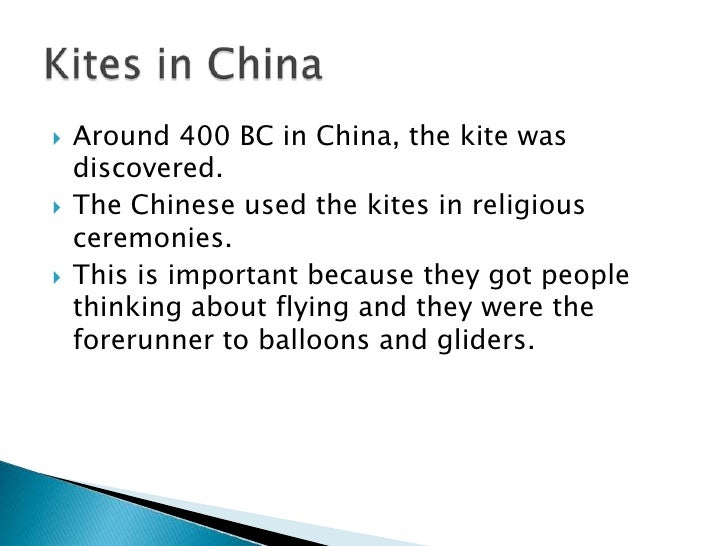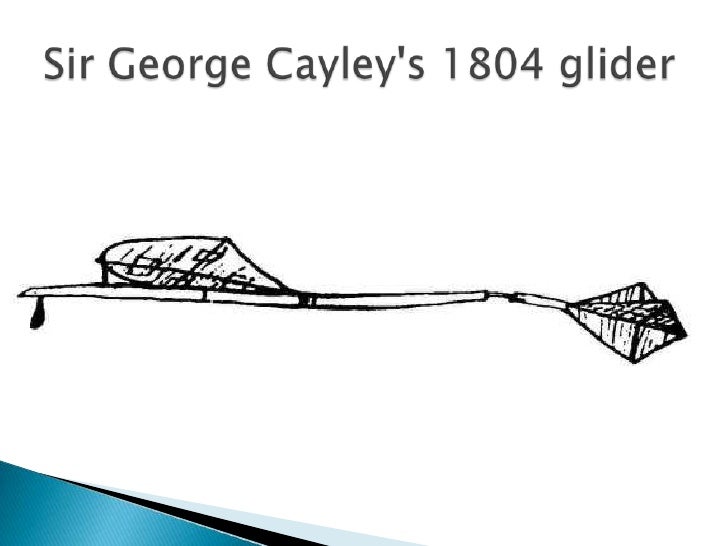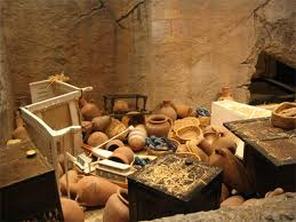Large Group
Discuss autobiography and biography.
1. Biography- Discuss interview questions worksheet due Friday.
Interview anyone. Write down their answers and we will combine all the information given to write a biography in class.
2. Autobiography Book Project- We will work on chapters 1-5 in the academic notebook.
We will start typing each chapter on the computer next week in a google docs program.
We will work on this project during collaborative group and independent group.
Go over new spelling words.
Homework
A.M. - Write spelling words neatly in cursive one time.
P.M.- Write spelling words in ABC order on lined paper. (Word list is in the agenda.)
Social Studies
Political Map review worksheet
Nov. 3
New Vocabulary Words
1. approach: a method of starting work on a task or problem
2. autobiography: true life story written by and about the author
3. biography: written history of the life of a person
4. clarify: to make clearer or easier to understand; to explain
5. evidence: facts or information that make you believe that something is true
6. feature: an interesting or important part of something
7. inference: conclusion reached on the basis of evidence
8. interjection: a word that expresses emotion
9. observation: a comment about something you have noticed
10. passage: a portion or section of a written work
11. quote: a passage or speech being cited or repeated
12. specific: special, particular, unique
13. summarize: to retell something using just main points
Direct Group
Reading workbook 42-45
Inferences
*Information to support Firsts in Flight workbook p. 42-43



Collaborative Group
Writing workbook
(see directions at the station)
Independent Group
i-Ready lessons
Homework
A.M- Write spelling words in ABC order
PM- Write words 3X each
Test Friday
A.M- Write spelling words in ABC order
PM- Write words 3X each
Test Friday
Social Studies
Review different types of maps on the whiteboard
Review different types of maps on the whiteboard
A political map focuses on boundaries between countries, states or counties. They are generally brighter colors to easily distinguish the boundaries.
Physical Maps: A physical map focuses on the geography of the area and will often have shaded relief to show the mountains and valleys.
ELA
Large Group Instruction
New Vocabulary Words
1. approach: a method of starting work on a task or problem
2. autobiography: true life story written by and about the author
3. biography: written history of the life of a person
4. clarify: to make clearer or easier to understand; to explain
5. evidence: facts or information that make you believe that something is true
6. feature: an interesting or important part of something
7. inference: conclusion reached on the basis of evidence
8. interjection: a word that expresses emotion
9. observation: a comment about something you have noticed
10. passage: a portion or section of a written work
11. quote: a passage or speech being cited or repeated
12. specific: special, particular, unique
13. summarize: to retell something using just main points
*Vocabulary Words on Quizlet
Spelling
* Lesson 3 (10 words)
*Lesson 3 (20 words)
Direct Group-
Complete yesterdays lesson.
Use quizlet to review new vocabulary
Collaborative Group-

Practice writing skill in a fun and creative manner.
2 groups will each make 1 comic strip
1.Create a comic strip using interjections.
Make sure everyone has their name on the top of the paper.
2. Complete workbook pages assigned yesterday
Independent Group-
i-Ready
see extra lesson
Social Studies
1. Watch short video
2. Complete a map about products
Social Studies
Play student tic-tac-toe to review for Monday's Map Skills test.
Each student will have an X or O tag. If they answer the question correctly they will go to the mat and pick a spot. The kids that get 3 in a row win.
What to Study:
title symbols key compass rose
inset map locator map scale
lines of latitude time zones climate map
key/legend
Different Types of Maps:
political map physical map product map climate map road map
match to description or picture
Homework- Study for Map Skills Test Mon.
ELA
Large Group Instruction
Go over last night's Interjection HW-- Grammar p.188-189
Independent Group-
i-Ready
see extra lessons
Direct Group
Reading workbook- pages 46-51
Read and work on today and tomorrow
I will show a video tomorrow that supports this history article.
(Students will review questions on pages 49-51 and make corrections)
Collaborative Group
1. Vocabulary Study Guides
2. Review new vocabulary words
3. Go on quizlet on the class whiteboard to practice vocabulary in any activity that your group wants to do.
1. approach: a method of starting work on a task or problem
2. autobiography: true life story written by and about the author
3. biography: written history of the life of a person
4. clarify: to make clearer or easier to understand; to explain
5. evidence: facts or information that make you believe that something is true
6. feature: an interesting or important part of something
7. inference: conclusion reached on the basis of evidence
8. interjection: a word that expresses emotion
9. observation: a comment about something you have noticed
10. passage: a portion or section of a written work
11. quote: a passage or speech being cited or repeated
12. specific: special, particular, unique
13. summarize: to retell something using just main points
*Vocabulary Words on Quizlet
*Treasures of the Tomb (wkbk 46-51)
TARGET
Making inferences and supporting them with quotations from the text will provide a deeper understanding of information in the text.
1. Who was Tutankhamun?
2. What did Howard Carter and Lord Carnarvon discover in the tomb?
3. What was the article mostly about?
4. What is a coincidence?
Pharaoh is the common title of the kings of Ancient Egypt





The Annex

The annex is the smallest room in King Tutankhamun's tomb. Howard Carter documented 280 items within the annex. Although it contains less objects than the antechamber, the annex, when first discovered, was extremely messy. This is because many robbers have tried to smuggle treasures out of the tiny room. Carter accessed the chamber through a small door cut out of one of the walls. The annex room lay three feet below the antechamber.
The annex contained many foods and drinks. Various wines and valuable oils were placed in the annex to make sure that the king was well-fed and pampered in the afterlife. Pottery, stools, games, and baskets were also buried. Although the oils were valuable, grave robbers often made a bee-line for the gold and silver pieces of the games. If they were not stolen, the annex would have many more cataloged items.
The annex contained many foods and drinks. Various wines and valuable oils were placed in the annex to make sure that the king was well-fed and pampered in the afterlife. Pottery, stools, games, and baskets were also buried. Although the oils were valuable, grave robbers often made a bee-line for the gold and silver pieces of the games. If they were not stolen, the annex would have many more cataloged items.
A coincidence is a remarkable concurrence of events or circumstances which have no apparent causal connection with each other.
1.A pharaoh in ancient Egypt
2. King Tut's treasures and his mummy with a gold mask over his head and shoulders
3. The discovery of King Tut's tomb

hi miss boyer
ReplyDeleteHi Zack,
ReplyDeleteGreat job on your spelling test! : )